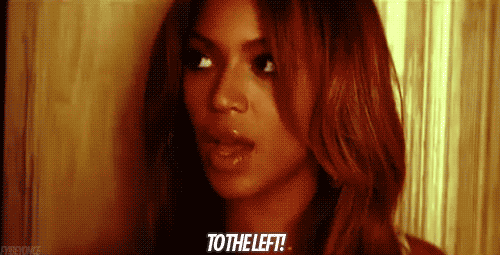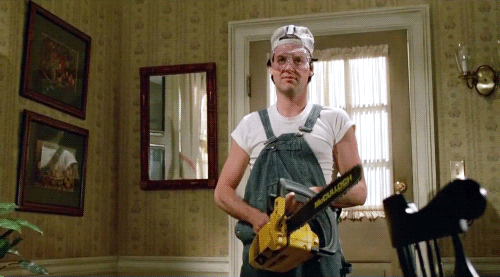Obviously the way to deal with haters is to ignore them. But what to do when your haters raise some good points? As a journalist whose ultimate responsibility is (presumably) to tell the best story you can, how do you admit that you overlooked an important fact/perspective/whatever while also honoring your own truth that this person is a douchebag? Bonus points if the piece in question is at an outlet you don’t have regular access to, i.e. no opportunity for a “stuff I missed last week” addendum of equal stature. —Channing Kennedy
First off, let’s get some definitions straight. A hater, as the Internet defines it, is someone who’s “gonna hate”—someone who just wants to find fault with your work and who isn’t genuinely interested in having a conversation. We ignore haters because they’re never productive.

It sounds like what you’re talking about is a critic. Sure, they can look a lot like haters, especially online. But if they’re raising some good points that don’t rise to the level of requiring a correction, you can still respond. This is one thing that a personal site is good for. (What? You don’t have a personal site? GET ONE.) It’s a place where you’ve got control, so even if the piece originally ran in an outlet that’s unlikely to let you publish a follow up, you can craft a response about the oversights you may have made. Your personal site should already be a compendium of your clips and work, so it’s the perfect place for you to fill in some of the gaps. I also like to use my personal site to post interesting quotes or interviews that didn’t make it into the final piece, and to link to articles or images I found in the course of reporting.
As far as the question of how to admit when your critics have a point—it’s hard. But if your primary interest is in having a productive conversation about your work and getting the story right, I’m sure you’ll find a way. I would also like to note that the phrase “honoring your own truth that this person is a douchebag” is the best phrase ever submitted to this column. Thank you, Channing.
What’s your take on people who fight with editors about changes? Good idea? Bad idea? When to do it? When to back down? —Anonymous
The editing process is a collaboration, so your editor should be open to some back and forth, though you need to be aware of your editor’s imperative to make your work fit the overall tone and voice of her publication. And in turn, your editor has to respect and maintain some aspects of your voice.
Tight deadlines make the process even trickier. When you accept an assignment, I’d initiate a conversation about how your editor prefers to work. Should you file in a Word doc or Google doc? How does she prefer to track changes? How many rounds of edits does she typically do? Will you get a chance to see a final version of your piece before it goes live? Are you allowed any input on the headline? Ask these questions at the outset, when you negotiate your fee. That should go a long way toward setting expectations and preventing disagreements down the road.
If you do want to push back against some of her edits, have rational explanations for any changes you want to reverse. (You only get to deploy “But I loved that sentence!” as an excuse once in the editing process.) It’s okay to ask your editor to explain why she made the big changes she did. If she’s good at her job, she’ll be happy to chat about her rationale. Know what your contract says about your ability to pull the piece, in case it comes to that. You may have some mobility to either work directly with a different editor or find a new outlet. If not, and if you still feel like an editor is butchering your piece, it might be time to sever ties.


